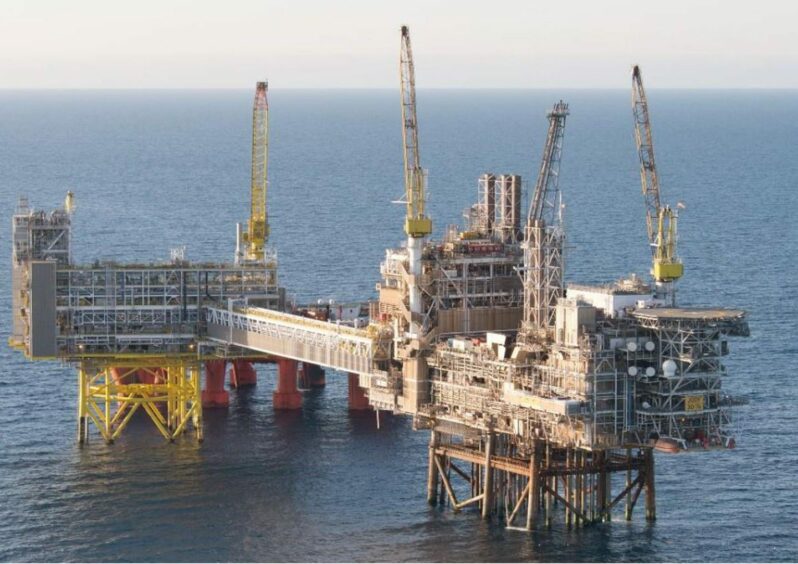
Banks are set to trim billions of pounds in financing for oil and gas producers in the UK’s North Sea after a windfall tax was imposed on the industry to help pay for the country’s energy crisis, a trade group says.
The government introduced the measure earlier this year and then expanded it in November as it sought to fill a hole in the budget caused by subsidizing natural gas bills that have soared since Russia cut supplies to Europe.
The oil and gas industry warns that the Energy Price Levy, which slaps a 35% rate on profits from North Sea producers, risks drying up investment in a sector that’s key to the country’s energy security even as it transitions away from fossil fuels to achieve climate goals.
Companies have called on the government to include a price floor so the measure would recede or disappear as oil and gas prices decline. Without some changes, there’s a risk that banks pull back on a type of financing based on the value of fossil fuel reserves, according to industry lobby Offshore Energies UK.
“The scale of the tax and lack of a clear price mechanism for removal of the levy as prices begin to normalize are key issues,” said Michael Tholen, the group’s sustainability and policy director. “Unless these are addressed, some companies will face an up-to 50% cut in their reserves-based lending capacity as facilities are reviewed over time by banks.”
The financing provides about £14 billion ($16.8 billion) to small- and medium-sized UK producers, the Financial Times reported, citing data from Brindex, an industry group for independent companies.
Since the tax was increased in November, Brent crude oil has fallen about 8% and natural gas is down more than 25%.
The levy already prompted some producers to rethink their local spending. Shell Plc’s UK head said last month the company would reevaluate £25 billion of planned investments — despite making record profits this year and not paying any windfall taxes due to investments.
France’s TotalEnergies SE will cut investment in the UK North Sea by 25% next year in response to the expanded tax. The largest British producer, Harbour Energy Plc, said it’s reviewing investment and won’t take part in an upcoming leasing round for new exploration sites.
Recommended for you
